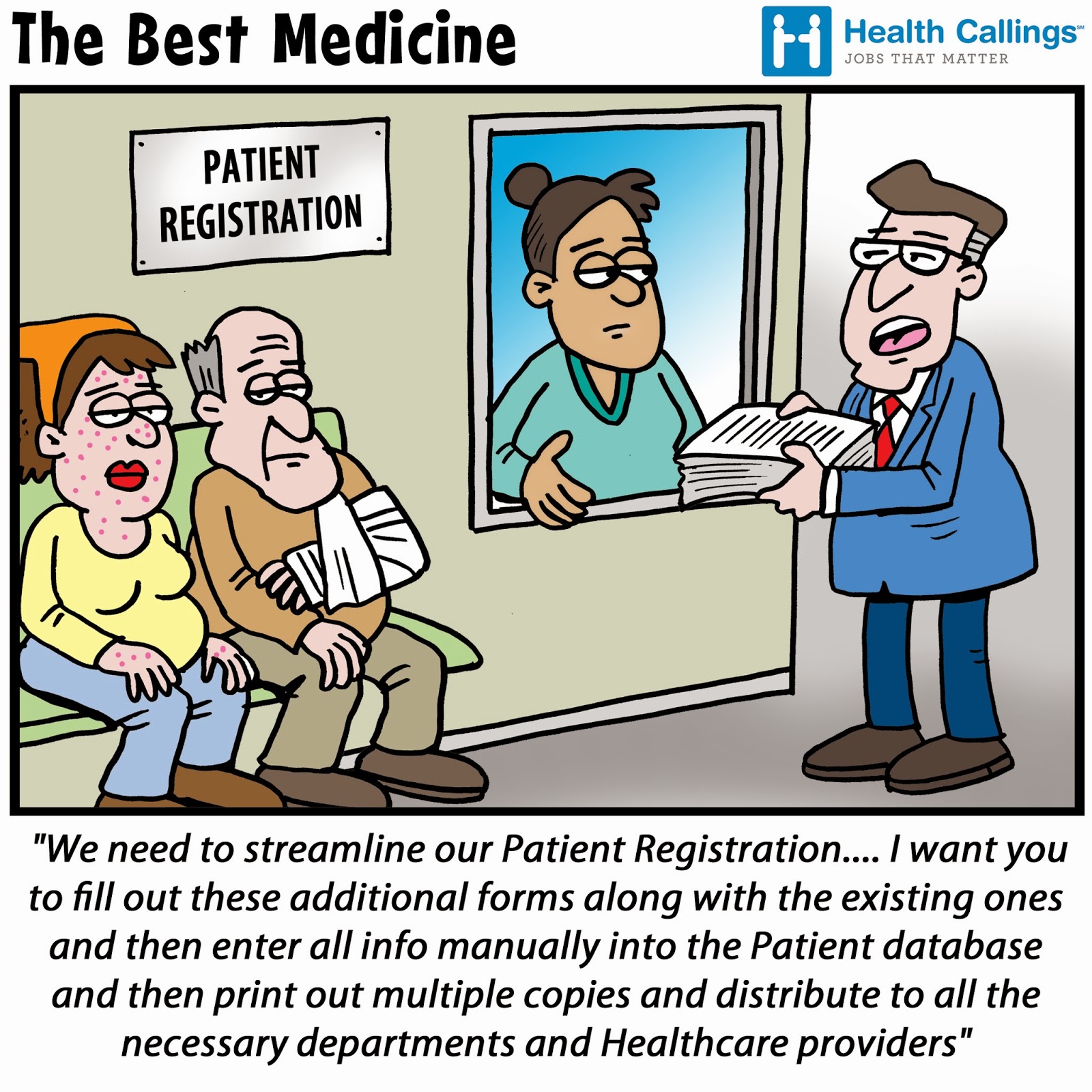Medical Jokes: Laughing Through The Healing Process
In the world of medicine, laughter is often the best medicine. Medical jokes provide a unique way to lighten the atmosphere in hospitals, clinics, and even at medical conferences. They serve not just as entertainment but also as a means to cope with the stresses of the medical profession. This article delves into the realm of medical jokes, exploring their significance, types, and how they can positively impact both healthcare providers and patients.
From witty one-liners to humorous anecdotes, medical jokes can break the ice in tense situations and create a more relaxed environment. They can help reduce anxiety for patients awaiting treatment and foster camaraderie among healthcare professionals. By integrating humor into the medical field, we can contribute to a more positive atmosphere that promotes healing and well-being.
In this comprehensive guide, we will explore various aspects of medical jokes, including their history, benefits, and examples. We will also discuss how humor can be effectively used in medical settings to enhance communication and patient care. So, whether you're a healthcare professional looking to lighten the mood or a patient seeking a chuckle, this article is for you!
Table of Contents
- The History of Medical Jokes
- Benefits of Medical Jokes
- Types of Medical Jokes
- Examples of Medical Jokes
- Using Humor in Medical Settings
- Considerations When Using Jokes
- Impact on Patient Care
- Conclusion
The History of Medical Jokes
Medical humor has a long-standing tradition, dating back to ancient times. Physicians and healers have used jokes to alleviate the fears and anxieties of their patients. The ancient Greeks and Romans often employed humor in their medical texts, showcasing that laughter has always played a role in the healing process.
During the Renaissance, humor continued to be a part of medical discourse. Physicians like Paracelsus and Hippocrates recognized that humor could ease the minds of patients, making them more receptive to treatment. As medicine evolved, so did the nature of medical jokes, adapting to cultural and societal changes.
Benefits of Medical Jokes
Integrating humor into the medical field offers numerous benefits:
- Reduces Stress: Laughter can lower stress levels, making it easier for healthcare professionals to cope with the demands of their jobs.
- Improves Patient Relationships: Sharing jokes can strengthen the bond between healthcare providers and patients, fostering trust and openness.
- Enhances Communication: Humor can facilitate better communication, making it easier to discuss sensitive topics.
- Boosts Morale: A light-hearted environment can enhance team morale among healthcare staff, leading to improved job satisfaction.
Types of Medical Jokes
Medical jokes can be categorized into several types:
1. One-liners
Short and witty, one-liners are quick jokes that deliver a punch of humor.
2. Anecdotes
Funny stories that recount humorous experiences in medical settings.
3. Pun-based Jokes
Jokes that play on words, often incorporating medical terminology for comedic effect.
4. Observational Humor
Humor that reflects on the everyday experiences of healthcare providers and patients.
Examples of Medical Jokes
Here are a few examples of medical jokes that you might enjoy:
- Why did the doctor carry a red pen? In case they needed to draw blood!
- What do you call a doctor who fixes websites? A ***doc***-tor!
- Why did the doctor break up with their partner? They had no ***patients***!
Using Humor in Medical Settings
Humor can be a powerful tool in medical settings when used appropriately. Here are some tips for effectively incorporating humor:
- Know Your Audience: Understand the preferences and sensitivities of your patients and colleagues.
- Keep It Light: Avoid dark or inappropriate humor that could offend or upset anyone.
- Be Genuine: Authenticity in humor fosters trust and connection.
Considerations When Using Jokes
While humor can be beneficial, it's essential to consider the following:
- Timing: Choose the right moment to share a joke, ensuring it fits the context.
- Respect Boundaries: Be mindful of individuals who may not appreciate humor during serious moments.
- Be Inclusive: Ensure that jokes are relatable and do not alienate anyone based on their background or condition.
Impact on Patient Care
Research has shown that incorporating humor in patient care can lead to positive outcomes:
- Patients are more likely to engage in their treatment plans when they feel relaxed.
- Humor can reduce pain perception and improve overall patient satisfaction.
- Healthcare providers who use humor can create a more welcoming environment, encouraging patients to share concerns.
Conclusion
Medical jokes hold a special place in the world of healthcare, serving as a vital tool for reducing stress and fostering connections. The benefits of laughter extend beyond mere entertainment; they can significantly impact patient care and the well-being of healthcare providers. By understanding the types of medical jokes and how to use humor effectively, we can create a more compassionate and enjoyable medical experience.
We encourage you to share your favorite medical jokes in the comments below and spread the laughter! Don’t forget to check out our other articles for more insights into the fascinating world of healthcare.
Thank you for reading, and we hope to see you back for more engaging content!
Creative Birthday Wishes: Making Every Celebration Memorable
How Old Is Tracy Chapman? A Deep Dive Into The Life And Career Of The Iconic Singer-Songwriter
Springsteen Billionaire: The Wealth And Influence Of Bruce Springsteen


